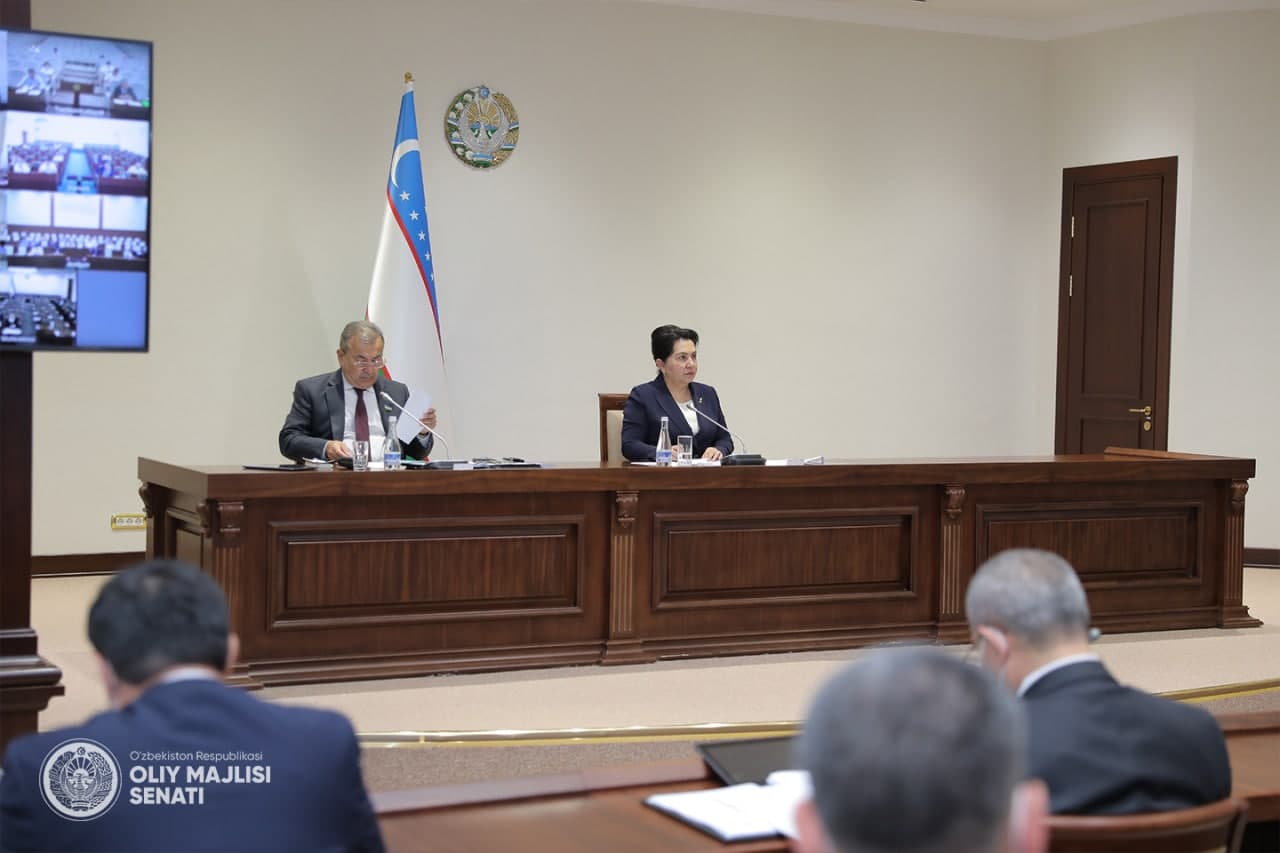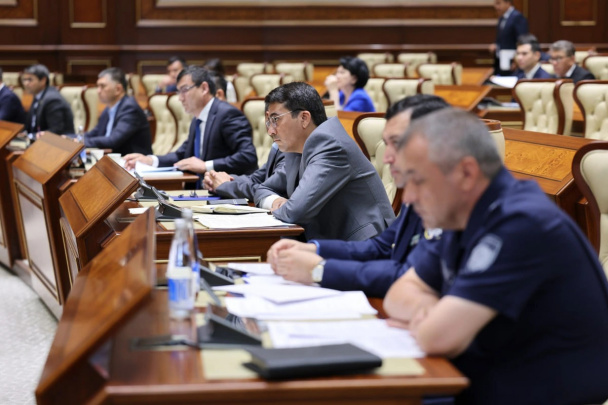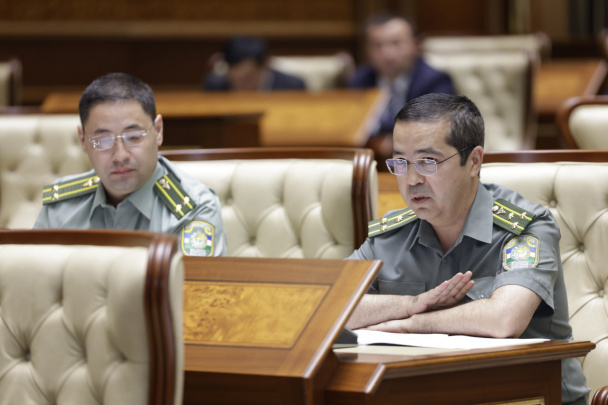Senate adopts law “On freedom of conscience and religious organizations”
Today, at the sixteenth plenary session of the Senate of Oliy Majlis, the law “On Freedom of Conscience and Religious Organizations” was discussed and adopted by the senators.

It was reported that the law was initially studied and considered by the Senate Committee on Judicial Issues and Anti-Corruption with the participation of members of the Jokargi Kenesh of the Republic of Karakalpakstan, regional, district and city councils of people’s deputies, experts and specialists.
Representatives of the upper house stressed that the purpose of the law is to strengthen the guarantees of freedom of conscience, strengthen legal mechanisms to ensure the right of everyone to believe in any religion or not to believe in any religion, as well as improve state policy on religion.
It should be recalled that on May 4 this year, deputies of the Legislative Chamber considered and adopted the draft law “On Freedom of Conscience and Religious Organizations” in the third reading.
Reportedly, since the project was announced (in August 2020), more than 700 proposals have been received from the public, international organizations and local experts. The draft was also widely discussed in the committee and party factions. In the new bill, deputies removed one of the problems plaguing the population – the ban on citizens walking in public places in prayer clothes.
However, the new law also retains restrictions on private religious education. This led to protests by public activists and religious scholars.
MP Rasul Kusherbaev said that during the discussion of the law, the “Milliy Tiklanish” party opposed the proposal to expand religious education.
Also, at the request of Uzbek officials, the Organization for Security and Co-operation in Europe (OSCE) and the Venice Commission of the Council of Europe have studied the draft law of the Republic of Uzbekistan “On Freedom of Conscience and Religious Organizations” and issued a joint conclusion.
The conclusion acknowledged some positive developments in the draft, but the statement that the government could “take drastic measures” on religion and religious freedom was condemned.
“The draft law needs to be seriously reconsidered in order to fully comply with international human rights standards and human rights obligations to the OSCE,” the OSCE and Venice Commission said in a joint statement.
International organizations have criticized the bill for compulsory registration of religious activities and religious organizations, excessive requirements for state registration, censorship of religious materials, excessive freedom of government officials in the religious sphere, and interference in the autonomy of religious organizations.
Related News

19:02 / 04.07.2025
Senate of Uzbekistan signs cooperation program with UN Population Fund

18:14 / 02.07.2025
Senate to question Cabinet on persistent failures in alimony enforcement

14:57 / 27.06.2025
Senate approves OTS civil protection agreement for emergency cooperation

14:55 / 26.06.2025



